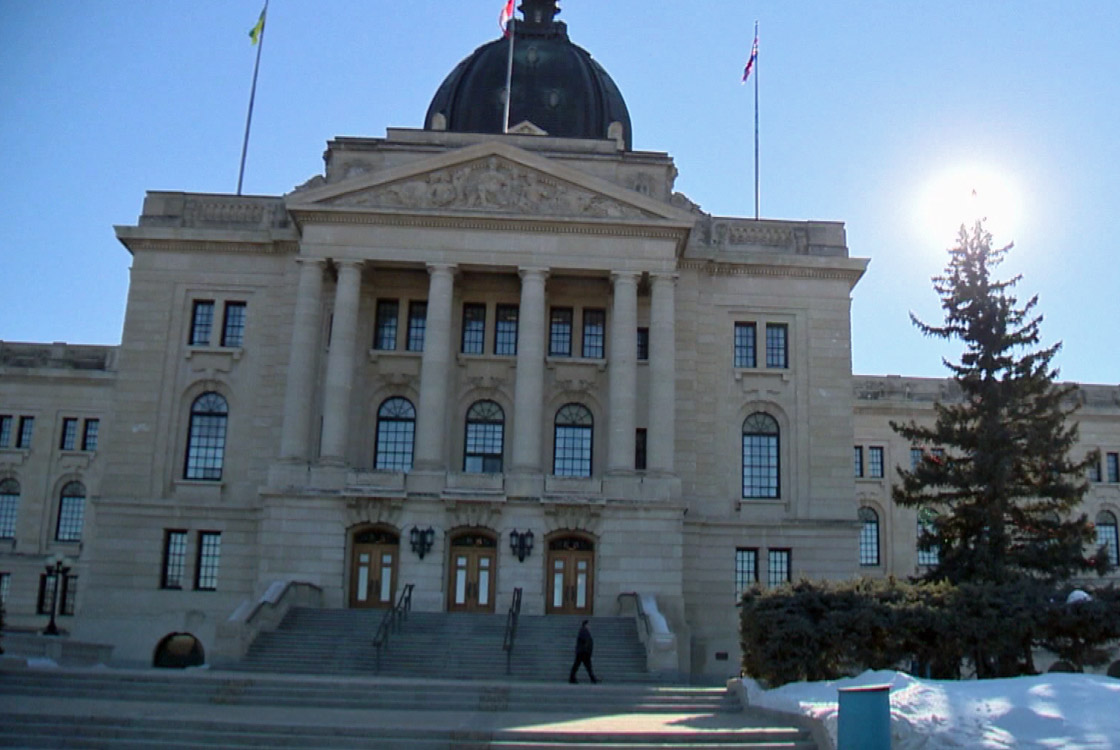REGINA – Saskatchewan’s highest court has ruled that a provincial law that says some workers are essential and cannot strike is constitutional, but labour groups say the decision is not a loss.

The Saskatchewan Court of Appeal said Friday that the right to walk off the job is not protected by the Charter of Rights and Freedoms.
“In 1987, the Supreme Court (of Canada) ruled that freedom of association does not comprehend the right to strike. Its decisions on this point have never been overturned,” Justice Robert Richards wrote on behalf of the five-judge appeal panel.
“While the court’s freedom of association jurisprudence has evolved in recent years, it has not shifted far enough, or clearly enough, to warrant a ruling by this court that the right to strike is protected by … the charter.”
The ruling means Saskatchewan’s Essential Services Act is valid.
The Saskatchewan Federation of Labour, which led the challenge against the law, said it had hoped for a different decision.
However, federation president Larry Hubich said the decision isn’t a loss because Richards also writes that there’s nothing to suggest the Supreme Court would not bring strike activity within the limits of the charter “if again confronted directly with the issue.”
“I don’t describe this decision in the terms of win and loss,” said Hubich.
“It may be, as the Court of Appeal has said, that a higher court would actually determine that the right to strike is constitutionally protected. What they’ve said in here is that they’re not prepared to make that determination and they kind of, in essence, kick it upstairs for someone else to decide,” he added.

Get breaking National news
The federation has 60 days to decide if it will ask the Supreme Court to hear the case.
The Saskatchewan Party introduced the legislation in December 2007 shortly after winning its first provincial election. The law states employers and unions must agree on which workers are so needed they can’t walk off the job.
Unions were outraged because the law also states that if the two sides can’t agree, employers can dictate who is essential.
The legislation passed in May 2008 and the court challenges began.
Union lawyers argued the law violated the charter by forcing some employees to stay on the job. A Court of Queen’s Bench judge ruled in February 2012 that the law was unconstitutional.
Justice Dennis Ball said “no other essential services legislation in Canada comes close to prohibiting the right to strike as broadly, and as significantly.” However, Ball upheld the principle of essential services and gave the government 12 months to fix the law.
The government went to the Appeal Court and argued that the lower court’s decision broke new ground when it stated there is charter protection for the right to strike.
The Appeal Court agreed. Richards wrote that the trial judge made a mistake when he found the legislation constitutionally invalid.
“The right to strike does not attract charter protection,” said Richards.
The unions also appealed the Court of Queen’s Bench ruling, but on a different front. They wanted the appeal judges to overturn part of the lower court ruling that said the government’s Trade Union Amendment Act didn’t violate the charter. Unions argued the law infringed on workers’ rights to organize by making it more difficult for unions to receive certification.
The Court of Appeal dismissed that challenge.
“The trial judge correctly found that, even though the act makes certification somewhat more difficult, it does not offend the charter,” wrote Richards.
“Simply put, the act does not substantially impair the exercise of associational freedom or offend any other feature of the charter. It, too, is constitutionally valid.”
Hubich said Labour Minister Don Morgan called him after the ruling was released Friday and Morgan said the government would still work on changing the essential services legislation.
“I have a good working relationship with the minister. We don’t always see eye-to-eye on things, but at least there’s a dialogue going on and I do believe that there’s genuine commitment to making changes. Obviously we’ll be pushing for something,” said Hubich.







Comments